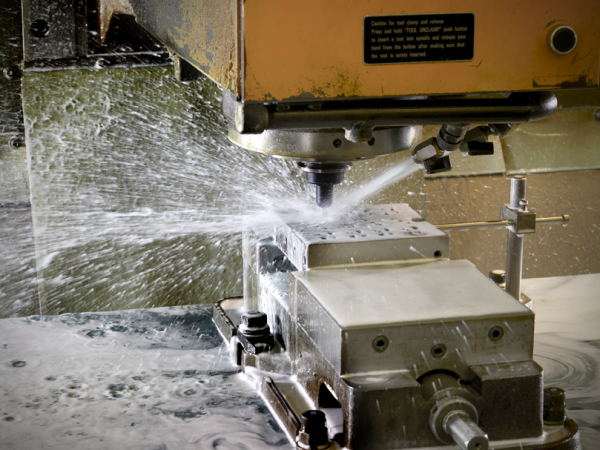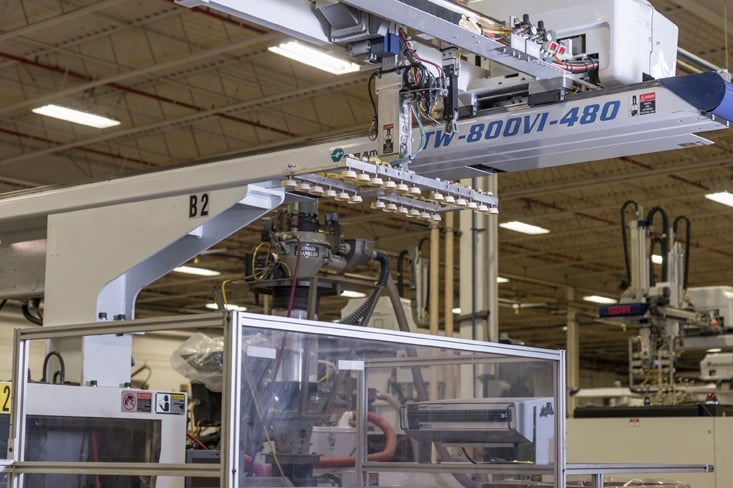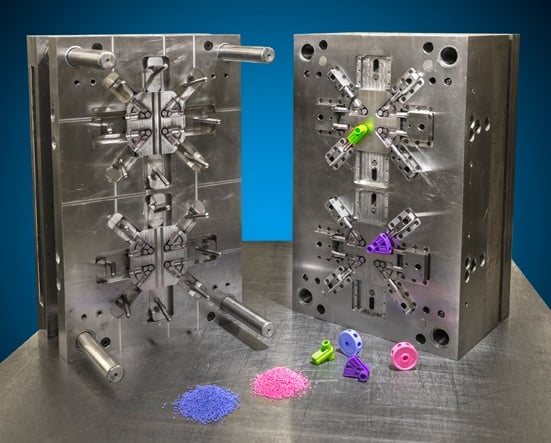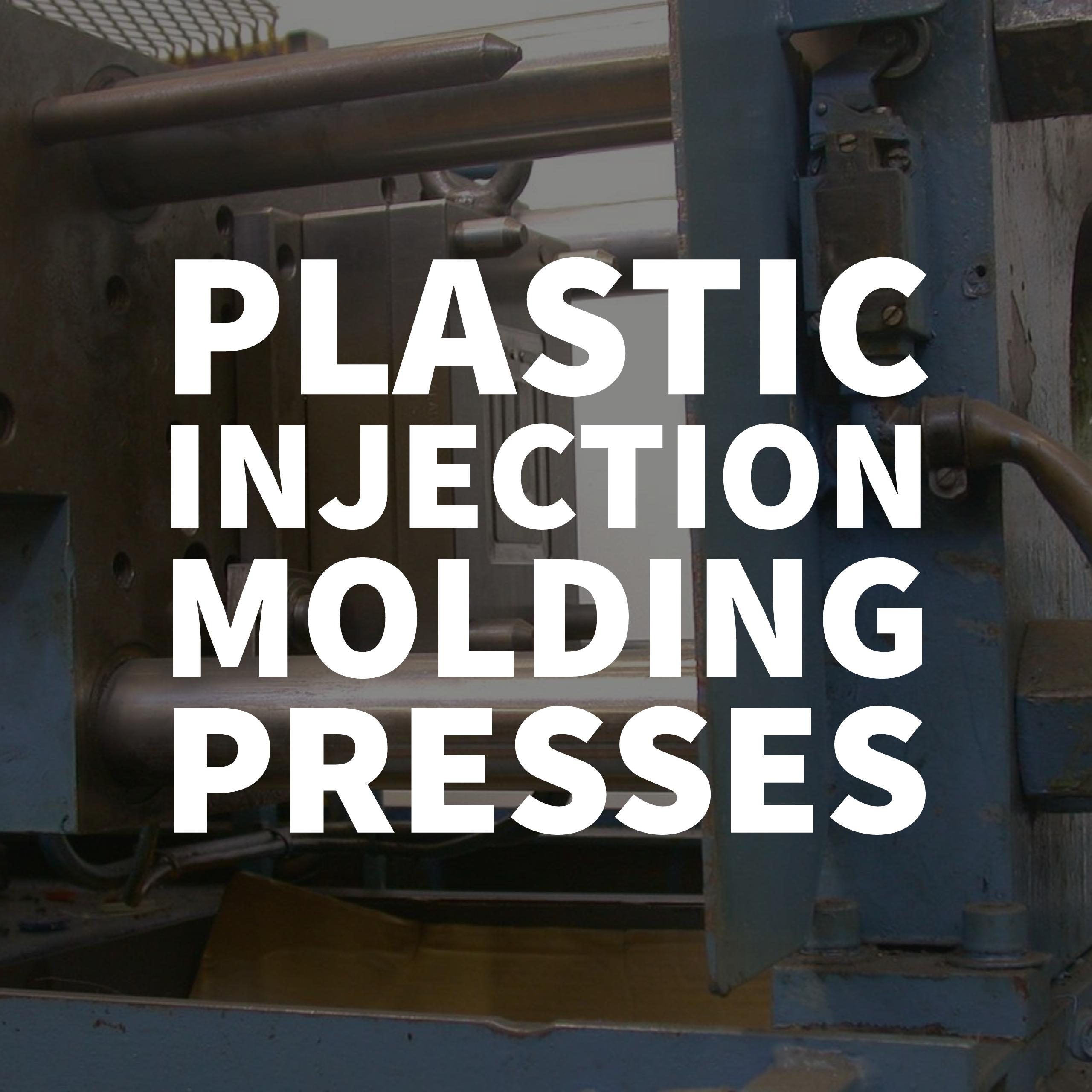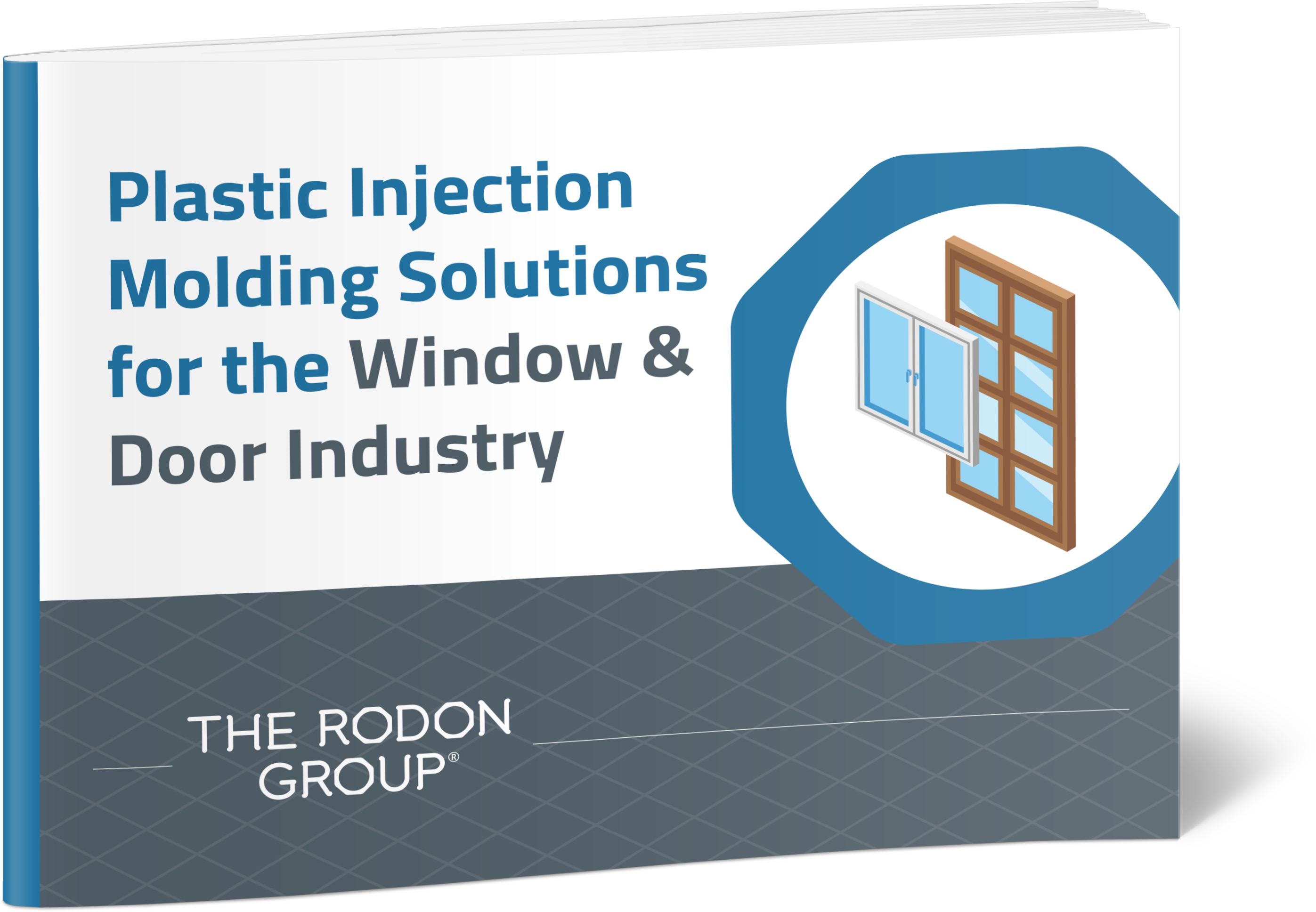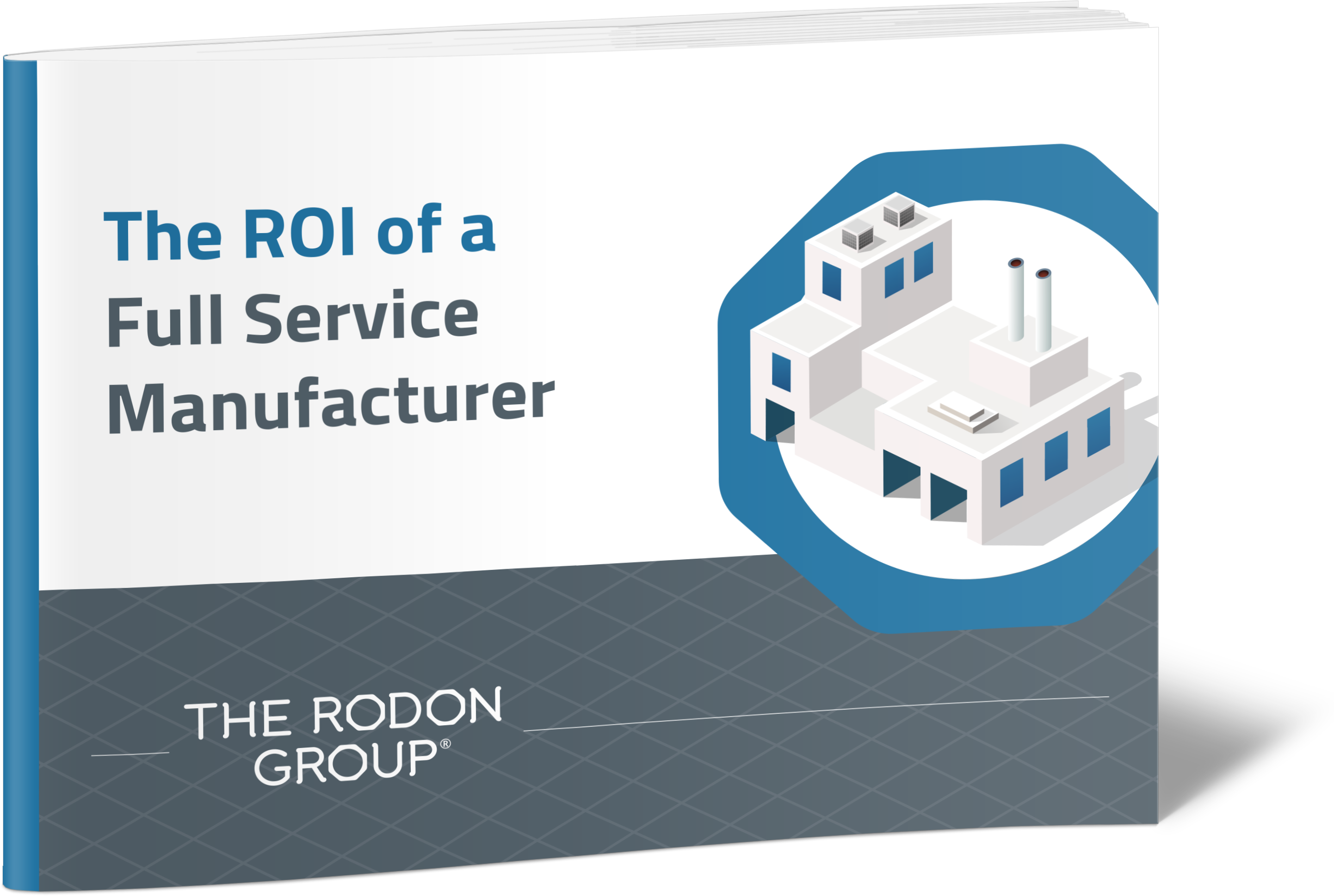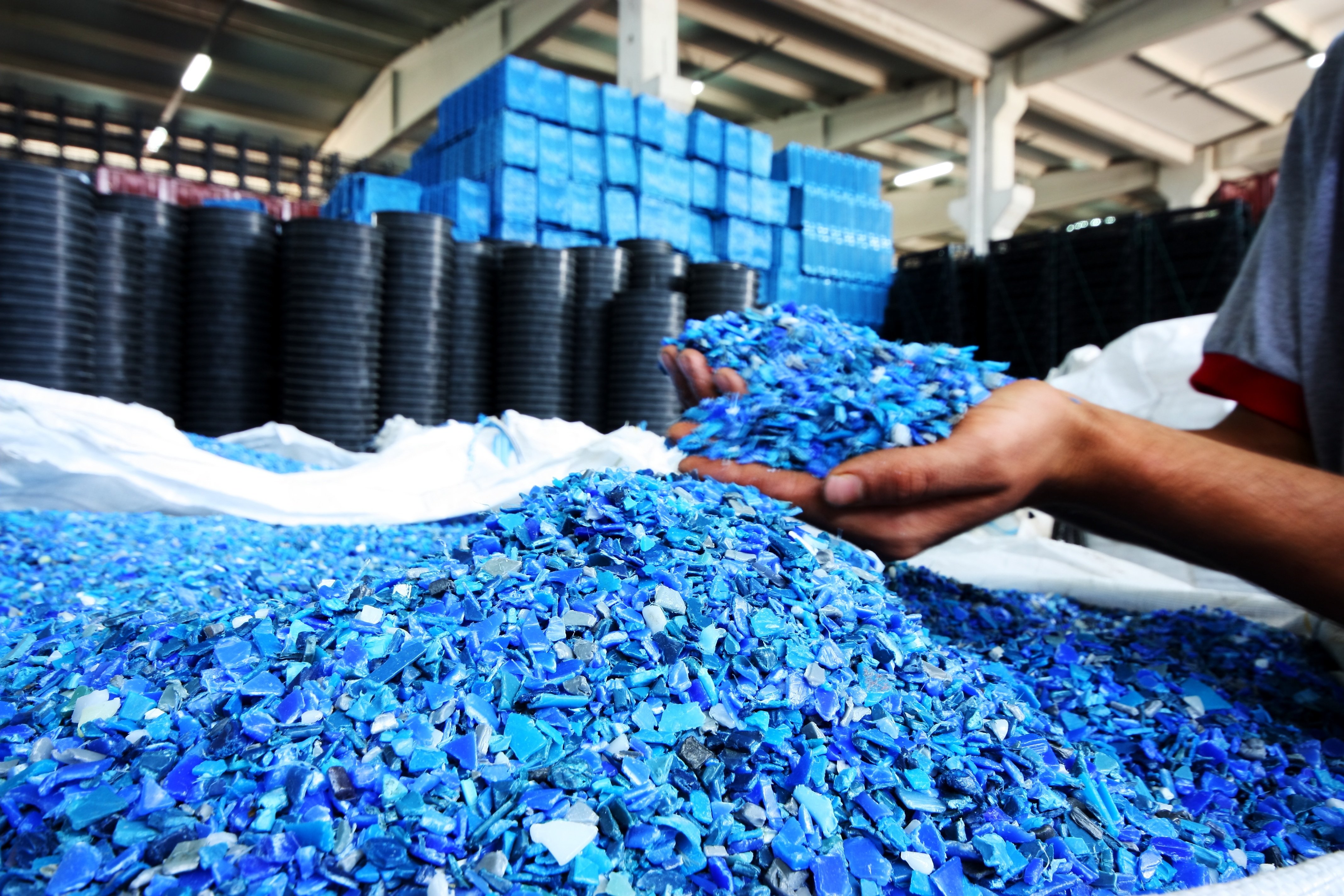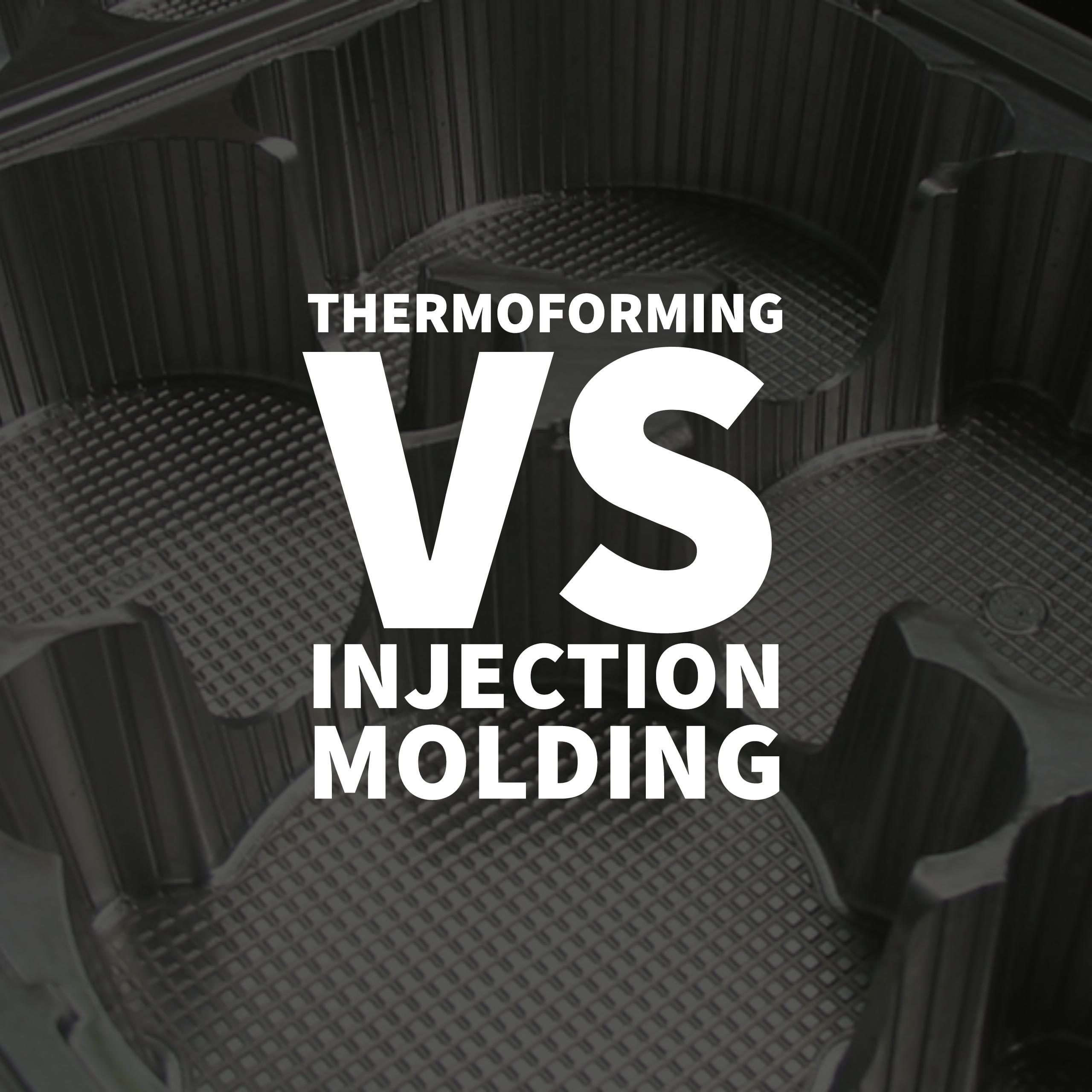Manufacturers use a wide range of different molding techniques to create different components and products, including blow molding, compression molding, extrusion molding, and rotational molding. Injection molding is a popular, versatile, and cost-effective method for producing plastic goods. A heated liquid resin is injected into a mold at high speeds so it fills the entirety of the mold (including any crevices or complex shapes). There, it cools and cures into a hardened plastic form before being ejected for finishing, packaging, and shipping. This process can be used with high-volume and low-volume orders of goods varying in size and complexity.
Recent Posts
A perfect, precision part begins with the mold. Building the tool takes time and a great deal of accuracy. It can also represent the largest investment in the manufacturing process, so getting it right is critical to the success of a project. If your goal is to manufacture parts with a high degree of precision in large volumes, the tooling becomes even more complex.
Plastic Injection Molding Explained
In manufacturing, molding refers to the process of shaping a type of pliable material or liquid by using a rigid matrix or mold. In plastic injection molding, raw polymer resin granules are melted into a liquid and injected into a mold, where the plastic takes the desired shape. Varying levels of heat and pressure may be applied to create the final profile for the end product.
One of the most common questions for those looking to source a plastic injection molder is “How much will a plastic injection mold cost?” It’s one of the most important questions since the actual mold represents the most significant expense in upfront production costs. That being said, many factors go into determining the full cost. With any custom injection molding project, your injection molder should be able to give you the final price tag. In this article, we will review the variables that can impact the cost so that you can be better informed when making a mold purchasing decision.
Injection molding presses allow manufacturers to produce a wide range of quality custom parts from high-performance resins. Depending on the press size and type, these advanced machines offer many different performance options and capabilities. To ensure the highest level of quality and value, it’s important to work with a manufacturer that can offer the proper size injection molding press for your particular needs. Here, we’ll go over the key components of an injection molding press to keep in mind when determining the right size machinery for your project.
The Rodon Group has been an industry leader in high-volume custom plastic injection molding solutions for over 65 years. We are proud to be known worldwide for producing the highest quality precision injection molded components. From concept to completion, we strive to support our customers with guidance and resources to make informed choices for their projects. One of our most requested resources is our new eBook “Plastic Injection Molding Solutions for the Window & Door Industry”.
In The Rodon Group's new eBook, "The ROI of a Full Service Manufacturer," we take a deep dive into how full-service custom manufacturing can help you save time, money, and hassle. This free download offers a detailed look at the many benefits of working with an experienced full-service team.
Plastic injection molding is a highly versatile and efficient process that allows manufacturers to create a wide range of products and components from melted plastic resins. As a result of advances in molding technologies and material development, polymers and plastics have been incorporated into an increasingly wide array of products and applications. Featuring lightweight strength, aesthetic appeal, and durability, plastics are becoming the preferred material for industries ranging from consumer products to medical devices.
Used in all types of industries, plastics provide versatility and strength across a wide range of applications, from automotive body parts to human body parts. Each application requires a unique manufacturing process that can mold the part based on specifications.







